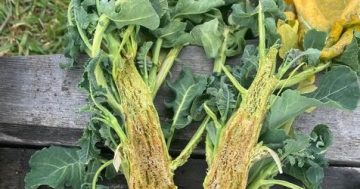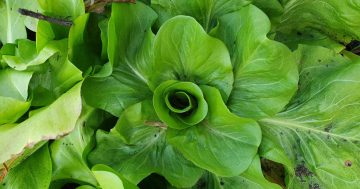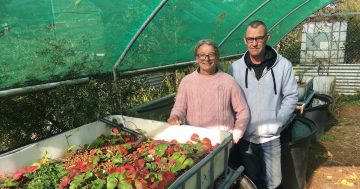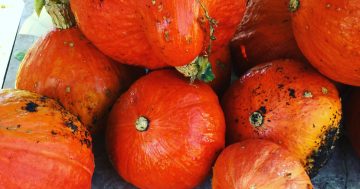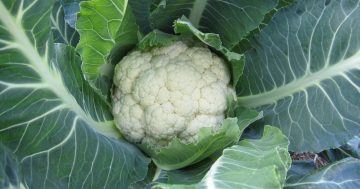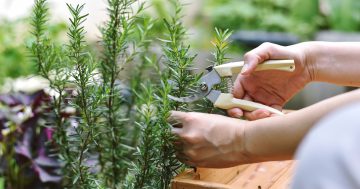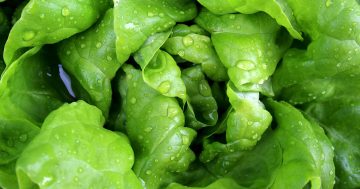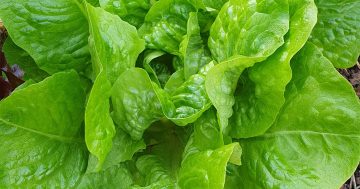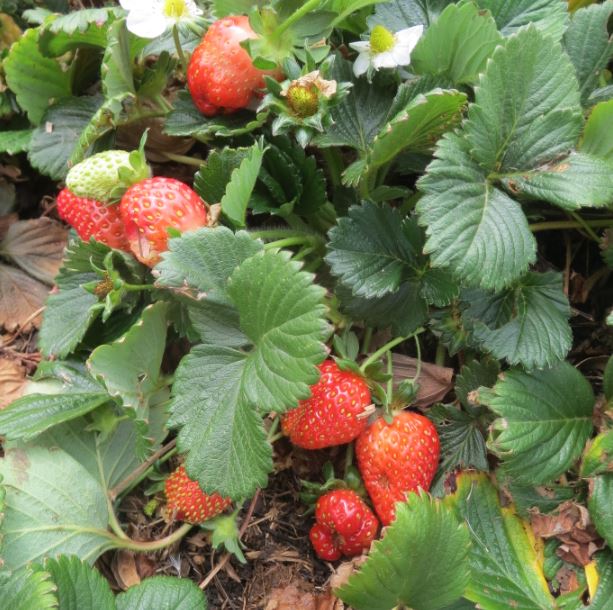
Growing your own strawberries is easy. Photos: Kathleen McCann.
What’s been happening to Australia’s strawberry growers has been hard to watch. We all feel for these men and women who grow our food, but the truth is you can grow these sweet tasty red morsels yourself in your own backyard.
Strawberries are an acid soil-loving plant, with good growth happening around the 5.5 – 6.5 ph level in the soil.
To achieve that good growth and fruiting, it is best to have well-drained loamy soil, well-composted manure, a balanced fertiliser, potash and a good quality mulch such as wheat straw or sugar cane. They love full sunshine but do okay in part shade.
They make an attractive border plant, especially the pink flowered version. Some strawberry hybrids also make a good ground cover such as the sweet yellow fruiting mountain strawberry.
Strawberries make a good companion plant for the onion (allium) family if you want to grow them in the veggie patch, or put them in under grapevines or apple trees.
You can grow strawberries in pots and raised beds. This does make it easier to contain and maintain them. Late Summer to early Autumn is the best time to cut strawberries back and clean up all the dead and decaying leaves and stems as well as taking off any extra runners.
Cut back to the centre of the plant, leaving a few healthy green leaves on each one. Apply composted manure, fertilizer and potash and mulch around each plant. Strawberries don’t need lime at all.
It is common practice to lift strawberries after three years and renew the bed with fresh plants. If your system and plants are healthy you can use the runners as next season’s plants.
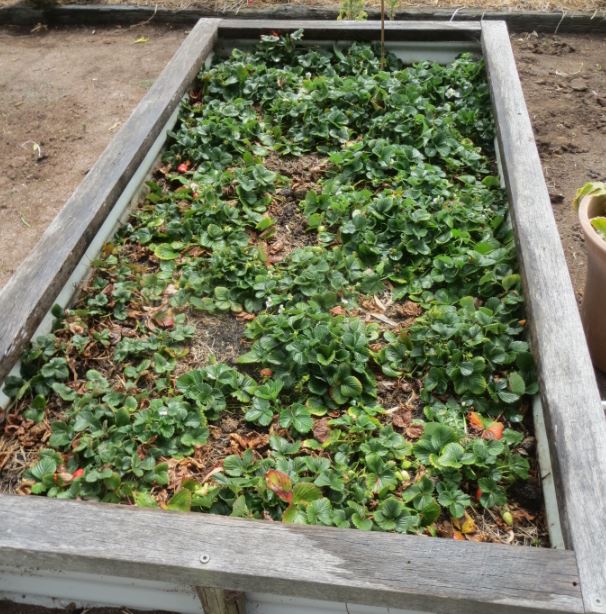
Growing strawberries in raised beds makes it easier to contain them.
It is good to keep your strawberries well watered especially around flower and fruiting time. A drip irrigation set up works best mainly because strawberries can be susceptible to fungal issues. But if there is sufficient air flow around the plants there should be no problems with overhead watering.
Be aware that their leaf cover and succulent berry are also very tempting to slugs and snails. Other small insects may also take a bite or two out of the berry, so when fruiting it is best to be vigilant and pick the ready fruit daily. You will have to cover them with netting to keep hungry animals and birds at bay.
Apply a seaweed-based fertiliser every couple of weeks during fruiting to keep yummy fat fruit pumping.
There are myriad strawberry hybrids out there – asking around the neighbourhood or going to food and plant swaps looking for strawberry runners could yield some sweet, robust plants for you.
Happy planting and munching!
Words by Kathleen ‘Permie Queen’ McCann, Bega Valley-based permaculturist, artist, good stick, and number 1 worker at Luscious Landscapes.
Original Article published on About Regional.













